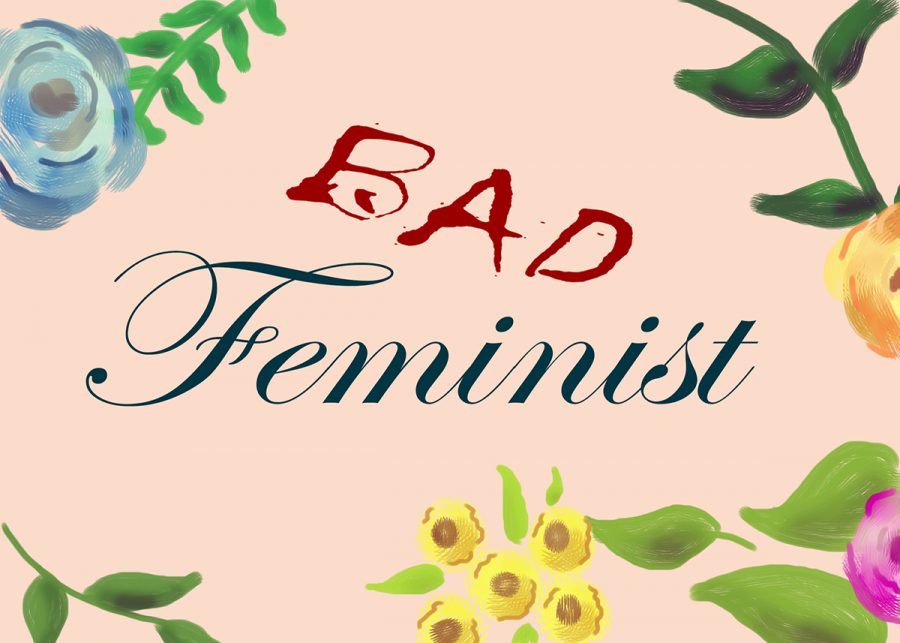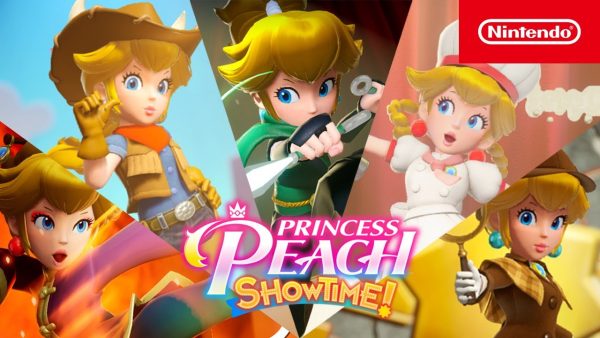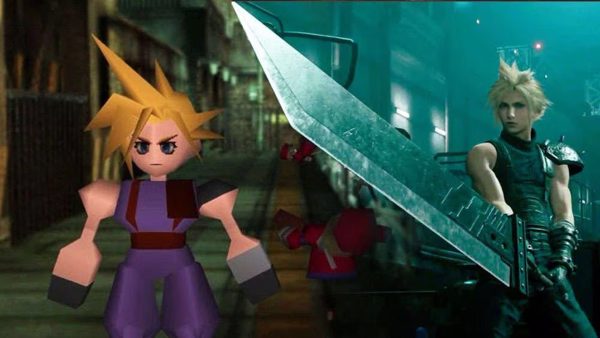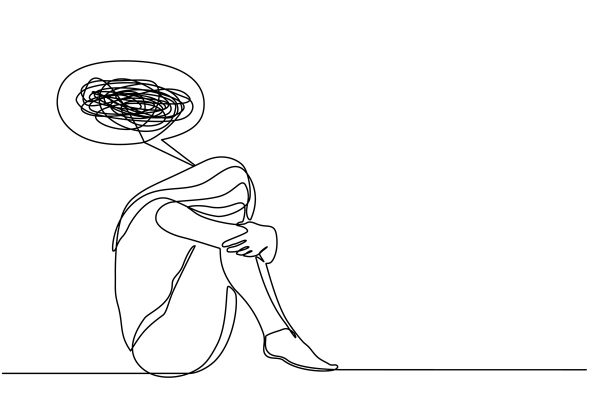Bad Feminist
Who pays on the first date? A look into chivalry and modern dating etiquette
More stories from Rebecca Mennecke
Photo by Carolyn Mennecke
Let’s imagine a scenario: You meet someone really cute on Tinder and the two of you to decide to go out for dinner as a first date. Who pays?
For years, I’ve been told that, on the first date in a heterosexual relationship, the man should always pay. And, it’s a belief that I’ve held fast to. If I have to pay on a first date, you can bet I come home at least a little bit irked.
I don’t feel totally responsible for this belief. The idea that the man needs to be the one to pull out a wallet at the end of the night is an idea that is grounded in our culture.
For example, an article I found regarding dating etiquette on Money Crashers said, “Most men will pay for first dates, but some won’t pay or expect the woman to pay for her share.”
The expectation is that men will pay. If a woman pays, it’s because the man is, well, rude.
The research, apparently, backs the fact that men need to pay up, too.
An article by Psychology Today said that a 2010 study by Emmers-Sommer et al. found that, in heterosexual relationships, both men and women believe either party should be willing to foot the bill, but the man should ultimately pay.
I found another interesting example of this opinion on the Art of Charm: “If you ask a girl out then the answer to the ‘who pays on a date?’ question is a simple one. It’s you. When you invite a girl on a date it’s your responsibility to take care of her. So as a man you should always expect to pay for the date.”
Even though I’ve always believed a man should pay, reading this article made me think about it a little bit.
First off, this article makes it sound like men are always the ones to ask women out. That’s totally not true. I’ve definitely asked a guy out first before, and I don’t think that’s weird at all. And also, I can take care of myself. I really don’t need a man feeling like I need help paying for dinner.
On Art of Charm, I found another interesting viewpoint that changed my entire opinion. It was an opinion written by Julia Long, a professor of sociology at Anglia Ruskin University and a lesbian feminist activist:
“The question of payment on a first (heterosexual) date has its roots in notions of chivalry, which itself is rooted in male economic and social power,” Long wrote. “Chivalry involves rituals of men treating women with an elaborate regard and politeness, which serves to mask the fact that men dominate the public sphere and have social and economic power over women as a class. Payment on a first date also ties in to notions of ownership. … I would remind men that women are human beings to be respected, not commodities to be purchased.”
Dang.
I’m still not really sure if there’s a good way to figure out who pays in heterosexual relationships. Is it the person who asks the other out? Do you split the bill? Do you alternate — whoever pays for the first date doesn’t have to pay for the second date?
Maybe we can take a few notes from queer relationships.
In an article by Anna Pulley appearing in the Chicago Tribune, she said, in an informal poll, most people said they split the bill in half.
“One of my favorite parts about being queer is that, because there are no default dating rules, we can make it up as we go along,” Pulley said.
She also referenced Steven Petrow, the author of “Steven Petrow’s Complete Gay and Lesbian Manners,” who believes the person asking should pay.
I might be a bad feminist because I’ve always believed the man should pay, but, really, that might not be the way to go.
Ultimately, I think there should be no expectation of someone paying for the food you’re eating. Every relationship is totally different, and people will approach it differently.
I know I won’t continue to expect my significant other to pay, especially given everything I’ve learned.
Or, better yet, do a night in with macaroni and cheese. That’s my goal, honestly.
Mennecke can be reached at [email protected].











Suzon Gordon • Apr 9, 2019 at 3:41 pm
Think of me as your grandmother. General etiquette says the one who invites is the host, the other the guest. Probably even the late Emily Post would say that but I’m certain Dear Abby would. If it’s a mutual decision then you “go Dutch”–pay your own bill. That’s the price of getting acquainted. After that it’s up to the two of you to figure it out.